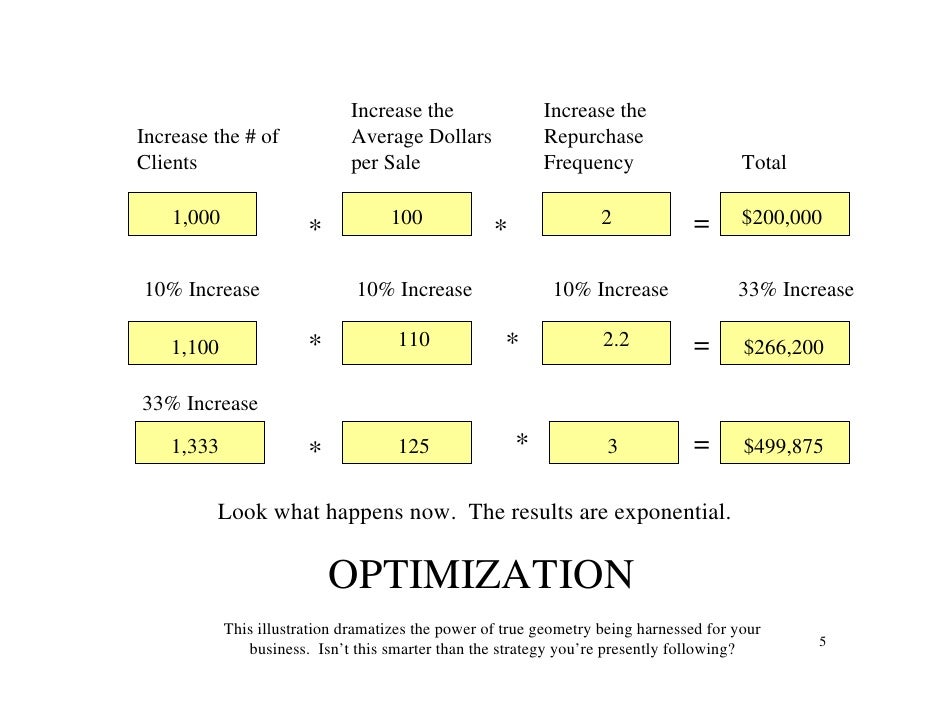

In “selective distribution systems,” suppliers can impose more stringent requirements, but only for certain types of product and so long as distributors are chosen based on objective criteria applied in a non-discriminatory fashion and the requirements are not disproportionate. Online sales are considered “passive” for these purposes. In “exclusive distribution networks,” suppliers can grant distributors exclusivity, protected from “active” sales by out-of-territory distributors but not against “passive” sales in response to customer orders. Reflecting the over-riding EU policy objective of integrating EU markets, EU law has developed two complementary legal frameworks allowing suppliers to decide how their products will be sold in the EU while still encouraging trade between the EU Member States. However, EU law is more restrictive of suppliers’ ability to control the distribution of their products than some other jurisdictions, notably the United States. Like authorities in other jurisdictions, the Commission takes a more benign view of cooperation agreements between suppliers and resellers than agreements among competitors. In a few areas, however, the Commission proposes to take a more restrictive approach, narrowing the existing exemption. The Consultation is valuable not only as an opportunity to influence EU antitrust policy through the future VBER and VGL, but also as an indicator of current Commission thinking for companies setting up or updating distribution systems that may fall outside the current block exemption.Ī number of the proposed changes would give suppliers greater legal certainty in designing their EU distribution systems (and correspondingly allow new restrictions on resellers). As a result, the Consultation focuses on new issues raised by increasingly complex business models mixing elements of traditional and online distribution channels and models.Īlthough the treatment of vertical agreements may seem less topical or controversial than certain antitrust reform topics, such as the treatment of “gatekeeper” platforms or “killer acquisitions,” they are extremely important to stakeholders throughout the EU economy.

Meanwhile, e-commerce has exploded, with suppliers as well as resellers embracing online sales channels. At that time, e-commerce was just taking off, and the VBER and VGL addressed concerns that suppliers might try to stifle their resellers’ development of online sales channels to keep prices up. The Consultation reflects a sea change in the approach to e-commerce in the decade since the current VBER and VGL were developed. The Commission plans to publish drafts of the new VBER and VGL in mid-2021, in plenty of time to adopt new texts in time for the VBER’s expiration in May 2022.

The Consultation’s proposals, which closely follow the Commission’s October 2020 Inception Impact Assessment (the Inception Impact Assessment), are an important step in the long-running VBER and VGL review. The European Commission (the Commission) closed out its ambitious 2020 antitrust reform agenda with the long-awaited consultation (the Consultation) on reform of the Vertical Block Exemption Regulation (the VBER) and related Guidelines (the VGL), published on December 18, 2020.


 0 kommentar(er)
0 kommentar(er)
